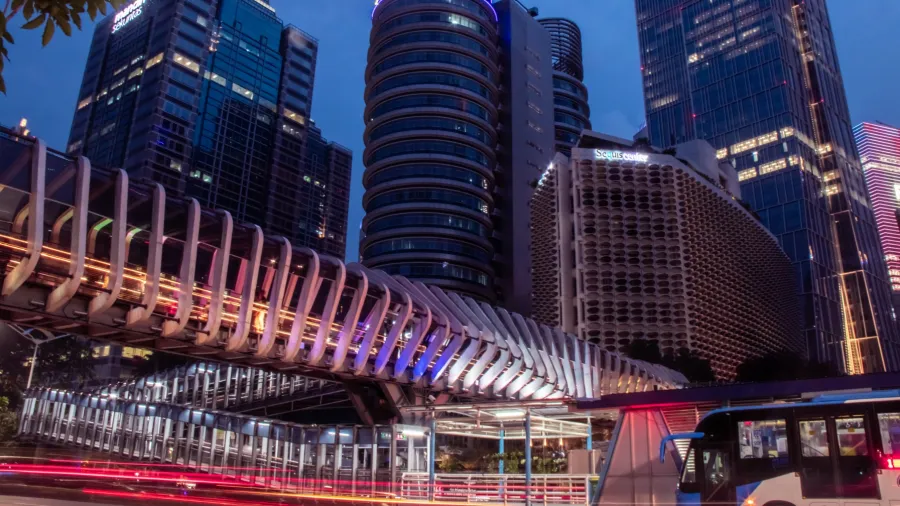
What is LVC scheme and why is it key to Indonesia’s urban development problems
TOD housing concept is currently in the spotlight amidst the development of public transportation access.
As the capital city of Indonesia, Jakarta is expected to become a Transit-Oriented Development (TOD) model for other regions in the archipelagic country. However, there are still obstacles particularly in the harmonisation between cities and funding. Therefore, the government launched the Land Value Capture (LVC) scheme to attract all stakeholders, especially private developers.
TOD is an integrated urban planning concept that combines transportation systems, residences, commercial areas, open spaces, and public spaces. In Indonesia, this concept is increasingly being developed by blending the residential areas with the business areas. This means that it needs support and collaboration from a number of parties, such as property developers, the government, and transportation managers. This is like what Jakarta is trying to implement as the capital city.
Jakarta is the centre of its buffer areas—Bogor, Depok, Tangerang, and Bekasi—where the government will build TOD to integrate them. For this reason, the government needs to make regulations amongst different regions and sectors. There is a need for harmonisation as stated in the Master Plan for Jakarta, Bogor, Depok, Tangerang, Bekasi (Jabodetabek), and Daerah Khusus Ibukota. "But the space to sit together is very limited because there are so many problems," said Harun Al Rasyid Lubis, Professor of the Bandung Institute of Technology, to Real Estate Asia.
"We are questioning what kind of strategy can be used. One of the things we know is the promotion of public transportation," he added.
MRT and LRT development
According to the General Chair of Real Estate Indonesia (REI), Paulus Totok Lusida, private sector participation and the potential of LVC in rail-based urban development such as the LRT (Light Rail Transit) and MRT (Mass Rapid Transit) are very important.
The temporary planned MRT construction has approximately 3-5 kilometres (km) distance between eact station. Ideally, the maximum is 1 km. In Singapore, the distance between stations is around 500 meters.
Therefore, one of the challenges in promoting public transportation is the spatial strategy, including land consolidation (both vertically and horizontally) which indirectly discusses how to monetise land and floor assets, Harun said.
Government welcomed LVC
Private sector investment will help finance and accelerate development of TOD. "LVC will have an impact on increasing land prices due to investment, in this case, the development of TOD, which provides easy access to residents as well as the surrounding community," Totok said in a webinar titled Private Participation And Land Value Capture for Urban Rail Development.
So far, the development of TOD in Indonesia is still being carried out by the government through State-Owned Enterprises (SOEs). The government even plans to build a TOD area around the gate of the rail-based transportation transit station. "Transportation, in this case, includes fast trains, which until now it is not clear what stations will be built. As for road-based, so far, SOEs are still doing it and there is no private involvement at all," said Totok.
TOD will be developed at 17 station points, namely Depokbaru Station, Pasar Minggu, Durenkalibata, Cawang, Tebet, Manggarai, Jatinegara, Sudirman, Karet, Tanahabang, Palmerah, Kebayoran, Juanda, Cikini, Jakartakota, Grogol, and Klender.
The policy of encouraging development around the gates of public transportation stations (TOD Policy) needs to be supported by various policies from the government. So he welcomed the LVC concept from the government.
LVC has two alternative implementation bases. First is the tax-based LVC which includes construction around transit gates subject to additional tax, increase in NJOP & PBB, Land Tax, and imposition of additional taxes on land/building owners (betterment charges).
The second alternative is the LVC-based development, including development around the transit gate regulated by compensation for the increase in the Building Floor Coefficient (KLB) and the obligation to provide land to the government.
Jakarta as a learning laboratory
According to the Deputy Chairman of the Governing Council for the Indonesian Institute for Housing and Urban Development (HUD Institute), Oswar Mungkasa, the LVC concept is actually only emerging at this time. In fact, Jakarta has actually implemented it around eight to 10 years ago.
"I want to say that LVC is not new for us in Indonesia, but maybe we don't know it as LVC, it's still sporadic, it hasn't become an integrated concept and it's not yet in the context of TOD," said Oswar.
Oswar hopes that LVC will become a very qualified source of financing, of course, but according to him, one thing that must be understood together is that this LVC must be contextual.
According to him, each city will definitely have a different implementation of TOD such as the success of Hong Kong and Tokyo. "So we put experiences from other countries into the context of cities in Indonesia," said Oswar.
He explained why Hong Kong was successful because the people there have a very low level of car ownership and a very high population density. So when there is a TOD, they will automatically use it, even 75% of population pass the TOD.
"I suggest Jakarta as a learning laboratory, many things have been done by Jakarta and it is very useful for us to study and the issues are real," said Oswar, adding, “Don't focus too much on revenue because there are other things that must be considered, such as how to reduce costs and how to mitigate risks.
"W we have to move quickly. There are 2 million people every day who must be served immediately through this TOD concept," said Oswar.
TOD has become very important for housing development today in Jakarta. With significant support from the government, LVC will accelerate TOD across Indonesia.
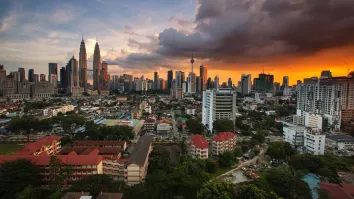



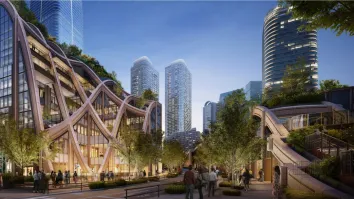
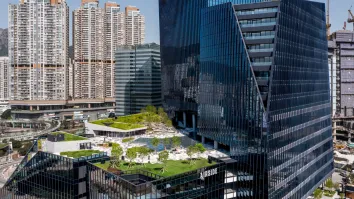

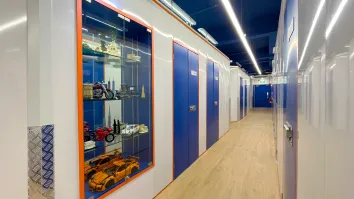



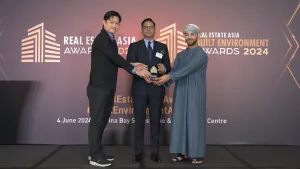
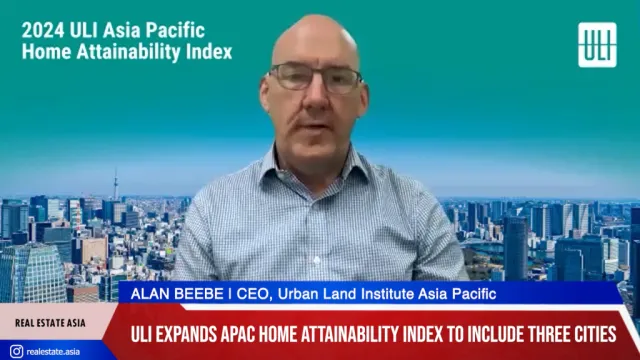

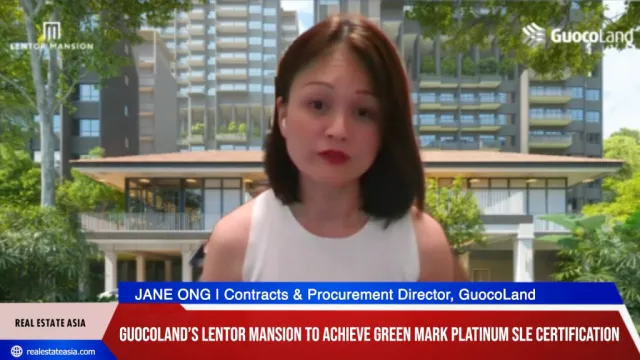


 Advertise
Advertise






